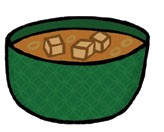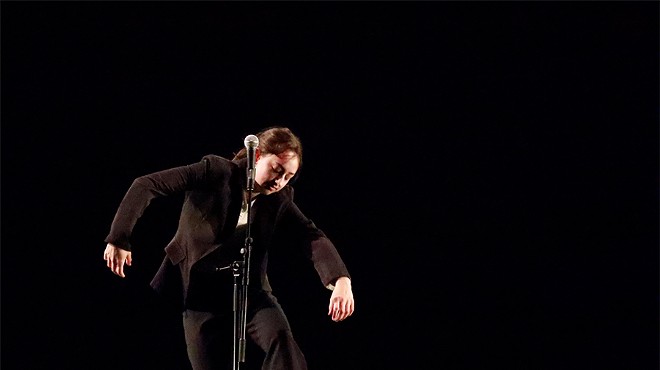How much is enough to reap the delicious advantages yet avoid the downsides? Blumberg recommends about 10 grams a day—about the equivalent of a thumb-size Dove dark chocolate square. "If you're a typical American, you want to cram as much in your mouth as you can, eat as quickly as possible, and then repeat," Blumberg says. "What you have to do is learn about mindful eating. You need to eat that piece of chocolate and hear the snap; you need to understand how to chew it and really taste it. Then a small amount can be very satisfying."
Bottom line: "Within the context of a healthy diet, chocolate is not an indulgent, bad thing," says Blumberg. "It actually has positive effects."
Soft drinks leach calcium from your bones.
As outlandish as this claim sounds, it's true—with studies to prove it. The main culprit here is phosphoric acid, the chemical that gives cola its tangy flavor and "pop." According to Dr. Loren Fishman, a weekend resident of Salt Point who treats many osteoporosis patients at his Manhattan practice in physical medicine, the phosphoric acid in soft drinks combines with calcium and draws it out of the bones osmotically. "I'm not sure I would use the word leach," says Fishman, preferring more scientific language—yet verbiage aside, you can't get around the fact that cola-type drinks are bad news for bones. Phosphoric acid is a signature ingredient of the mystery-shrouded Coca-Cola formula, kept in a closely guarded vault since the 1920s.
More acidic than lemon juice or vinegar, phosphoric acid requires copious amounts of sugar or other sweetening agents to mask and balance its bitter taste. "Diet sodas are even worse for your health because they have yet more terrible things in them," says Fishman. He adds that it's not just calcium that finds a drain in phosphoric acid. Two other nutrients, magnesium and copper, also combine with the substance in a way that decreases their absorption in the body. Both are essential for bone health as well as for a range of other functions. Meanwhile, caffeine, also abundant in soft drinks, affects how the kidneys handle calcium in a way that facilitates the excretion of this vital mineral.
Bottom line: Frequent soft-drink consumption can deplete the body's calcium stores and adversely impact bone health. Seltzer lovers, take heart: Fishman gives fizzy water a thumb's up. "Seltzer has a different carbonation process than cola and doesn't contain any phosphates," he says. Gone from seltzer, too, are caffeine, sugar, coloring agents, and artificial flavors—all the ingredients that have, rightly, contributed to cola's vilification among the health-wise.
Soy foods are unsafe.
It's amazing how controversial a simple bean can be. A quick Web search about the dangers of soy churns out sensational statements like "Soy makes men grow breasts" and "Tofu makes you stupid." On the flip side, you'll also find magic-laden claims about soy's cancer fighting and bone-protecting powers. Is soy a wonder food, or is it the bane of healthy diets everywhere? Take a look at the legions of soy studies out there and you'll find that the answer probably lies somewhere in the middle. "There's not a huge amount of data to lend to the worry that soy foods are unsafe," says Connie Weaver, a soy researcher and head of the Department of Foods & Nutrition at Purdue University. "A lot of the animal studies looking for toxic effects feed purified soy compounds in really high doses, more than is likely to be consumed in the diet. In the normal course of the way humans eat soy, there is little evidence of any risk." When it comes to soy's wonder-food potential, Weaver's talk is equally measured. "The literature is mixed," she says, with evidence from some studies supporting and others discounting the food's health claims (its positive effects on bone, for example).





















